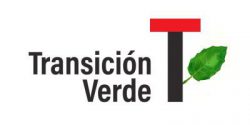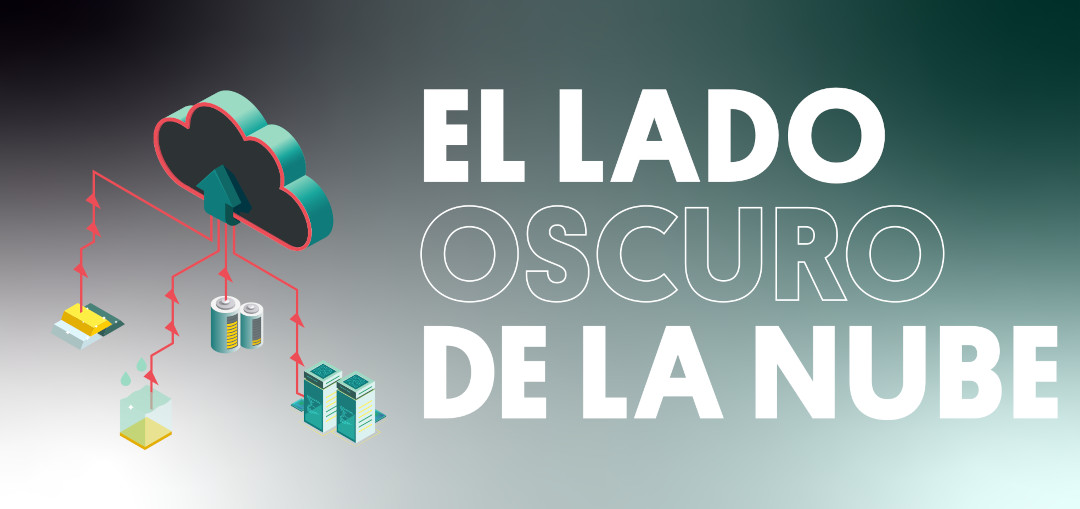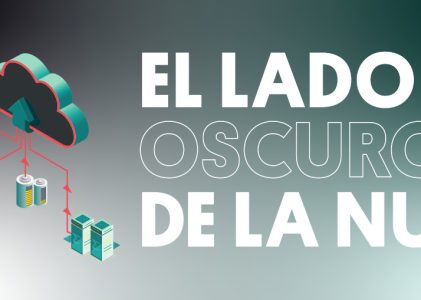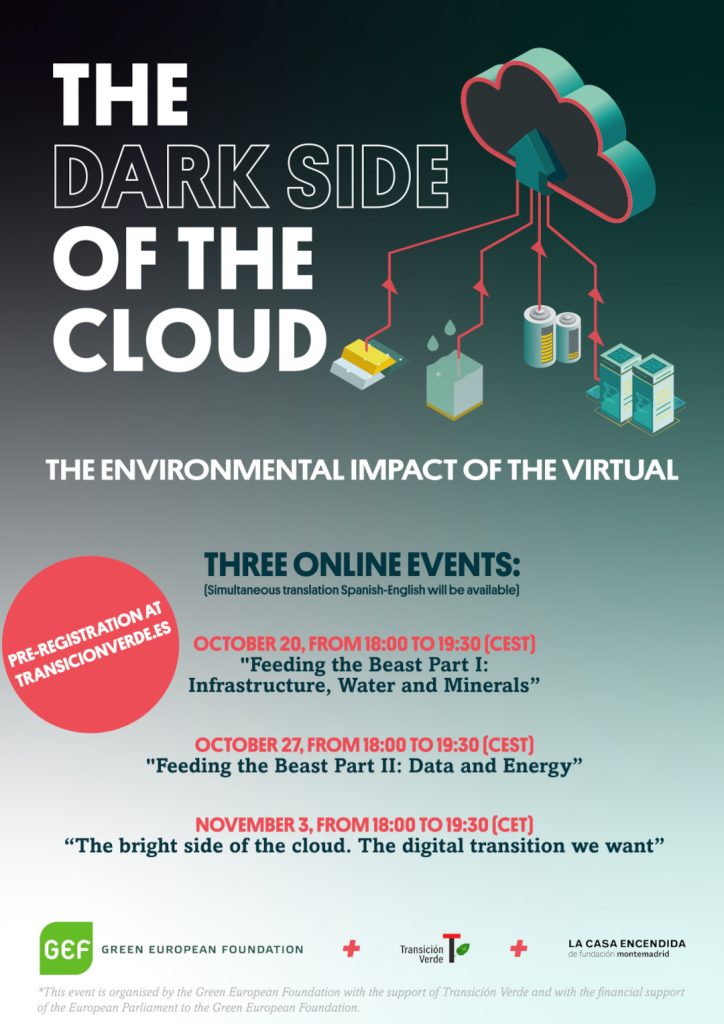One of the most unknown aspects of digitalisation is its materiality; a materiality that results in enormous infrastructures located all over the planet and even in its orbit, which are fed by huge amounts of mineral and energy resources without which it would not be possible to function.
When we think of the cloud, we imagine it as something ethereal, light, dematerialised. We do not visualise the millions of devices, the thousands of kilometres of cables, the gigantic data storage and processing centres or the satellites that make up its immense infrastructure; we do not conceive of the enormous amount of mineral, water and energy resources required for its operation. Nor the environmental impacts resulting from their production and disposal.
Digital technologies have undoubtedly brought great advances for humanity, but if we want to continue to benefit from them in the future, as well as from a healthy environment, we must delve deeper into that dark side of the cloud and correct its pernicious effects. This is especially relevant at the present time, with European post-covid policies that have opted for digitalisation as a key element for economic recovery, a bet that has come up against a situation of multiple crises: the global supply crisis; the energy crisis aggravated by the war in Ukraine; and an increasingly worrying climate and environmental crisis.
These will be discussed in this series, as well as alternatives for a more energy-efficient, sustainable and long-lasting digitalisation.
The series «The dark side of the cloud. The environmental impact of the virtual» is organised by the Green European Foundation (GEF) in collaboration with Fundación Transición Verde and La Casa Encendida.
The event is online, open and free with prior registration through this form. The activity will take place in a Zoom room. Once registration has been completed, and before each session, a confirmation email will be sent with the access details for the meeting. You can register here.
It will take place on 20 and 27 October and 3 November, from 18:00 to 19:30 (CEST) and consists of the following round tables.
- 20 October: «Feeding the Beast. Part I: Infrastructure, Water and Minerals«.
- 27 October: «Feeding the Beast. Part II: Data and Energy«.
- 3 November: «The Bright Side of the Cloud: The Digital Transition we Want«.
1st session: October 20, from 18:00 to 19:30 (CEST)
«Feeding the Beast Part I: Infrastructure, Water and Minerals”
- Vladan Joler. Professor at the New Media department of the Academy of Arts in Novi Sad (Serbia) and founder of SHARE Lab. He is the author of Anatomy of an AI System (with Kate Crawford) and Facebook Algorithmic Factory.
- Alicia Valero. PhD in chemical engineering from the University of Zaragoza. In addition to this university, she trained at the TU Berlin, Paul Sabatier in Toulouse and the British Geological Survey. She currently leads the Industrial Ecology research group at the CIRCE Institute and is a full professor at the University of Zaragoza.
- Lorraine de Montenay. Independent expert in digital responsibility and member of GreenIT.fr. She piloted the first life cycle analysis (LCA) on the environmental impacts of digital in Europe, published in 2021.
- Melisa Argento. PhD in Social Sciences from the University of Buenos Aires, is a professor at the National University of Rosario and a researcher at the Institute for Latin American and Caribbean Studies (IEALC).
—
2nd session: October 27, from 18:00 to 19:30 (CEST)
«Feeding the Beast Part II: Data and Energy”
- Joseph Tainter. American anthropologist and historian, professor at Utah State University in the Department of Environment and Society. Author of The Collapse of Complex Societies and Drilling Down: The Gulf Oil Debacle and Our Energy Dilemma.
- Antonio Aretxabala. Geologist, researcher, consultant and independent trainer and collaborator of the University of Zaragoza.
- María Alegre. Energy and climate change specialist, focusing on decarbonisation of the electricity sector and data.
—
3rd session: November 3, from 18:00 to 19:30 (CET)
“The bright side of the cloud. The digitalization we want”
- Coral Calero. PhD in Computer Engineering and Professor of Computer Languages and Systems at the University of Castilla La Mancha. Responsible for the «Green and Sustainable software» line in the Alarcos Research Group.
- Julieta Arancio. Postdoctoral researcher at Drexel University’s Center for Science, Technology and Society. Co-founder of the Latin American network of free technologies for science and education (reGOSH).
- Kim Van Sparrentak. Member of the European Parliament (Greens/EFA Group) since 2019. She is a member of the Special Committee on Artificial Intelligence in the Digital Age and the Committee on Internal Market and Consumer Protection.
Simultaneous translation service Spanish-English will be available in all sessions.



